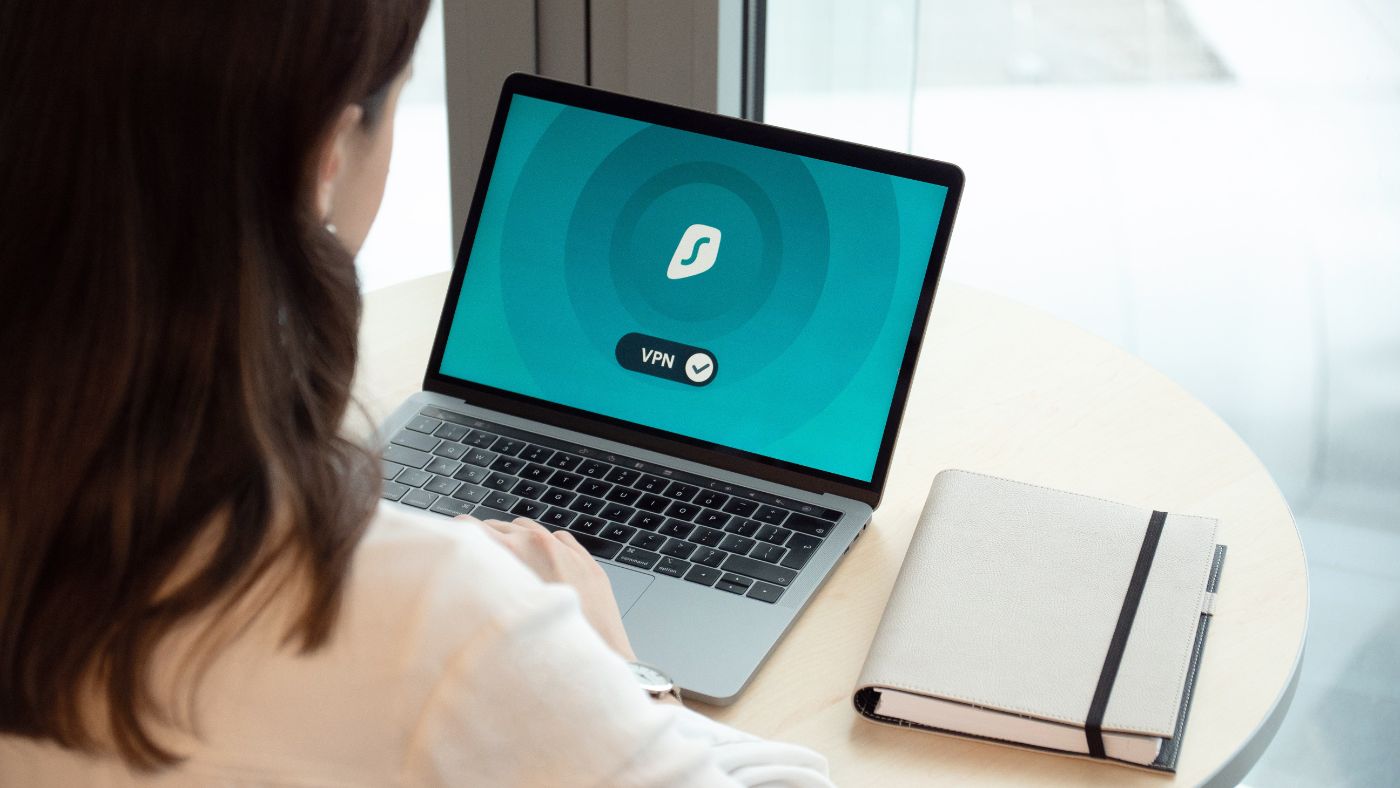

Cyberattacks have become more frequent over time. Businesses increasingly use digital platforms to store their data, making it more likely for bad actors to launch cyberattacks. Startups are the most vulnerable to these attacks, even though we’ve seen large firms also be the target, which causes them to have a damaged reputation or closure.
Most small business owners are so focused on growing their companies that they usually forget to include cybersecurity in their operations as a deterrent to cyber criminals. Thus, startups today must integrate cybersecurity into their operations due to the growing threats and attacks.
Continue reading as we discuss everything startups need to know about cybersecurity, including its causes and repercussions and some startup security advice to keep you safe from hackers in the future.
Regardless of the size of your firm, cyberattacks are inevitable. Without a solid cybersecurity strategy, you risk losing control over your data’s integrity and damaging your company’s brand since cybersecurity safeguards critical data from hackers and assures seamless operations over the long term.
Additionally, a solid security approach demonstrates your concern for your clients and company. Although you don’t have the resources to adopt cybersecurity methods, your status as a startup gives you greater motivation. In contrast to large organizations that can recover quickly after an attack, you still have a lot to lose. When a cyber danger materializes, it could harm your clients’ trust in you and your company’s reputation when you’re still growing your clientele.
Cyberattacks are expensive as well. An organization might invest no less than $200 annually. As a startup, you cannot afford to waste a lot of time, money, or other resources trying to find the cause of the security breach.
Hackers frequently target startups because they believe these companies are simpler to breach due to a lack of resources and knowledge to defend themselves from harmful threats. The Ponemon Institute estimates that approximately 45% of cyberattacks target SMBs and that 39% of those businesses don’t have an incident response plan.
With cybersecurity ranking low on their list of priorities, many new entrepreneurs could deploy their capital to tools to build their firms, thanks to consumer demand and fierce industry competition. They believe they don’t need it until it happens to them.
This mentality enables cybercriminals to find your weaknesses, which facilitates their hacking. Additionally, the likelihood of these attacks increases as more businesses go mobile.
Hackers are getting more inventive as cyberattack cases increase; they even utilize sophisticated technologies to access various files and devices. If so, you must know what to do after being hacked.
Let people affected know if hackers have accessed your system as soon as possible. Avoid making the same mistake as Yahoo, which kept a security vulnerability from being disclosed to its staff and consumers for years.
Report the situation and file a notification of the breach as soon as possible so that specialists can handle it.
Experience the cyberattack, learn to spot security vulnerabilities, and give your internal IT or cybersecurity specialists control of the hack response.
If your organization lacks a set of rules, now is the time to develop one so that your staff will have something to adhere to in an emergency.
Hiring cybersecurity professionals will help you in data loss prevention or DLP. Let the professionals run several tests to determine your systems’ susceptibility.
Limit the Number of Team Members Who Can Access Your Account
Giving everyone admin access could encourage transparency if your company is small. However, this can make any data vulnerable to hackers. To safeguard your social media accounts from future cyberattacks, try giving performance administration to just one individual.
Create Strong Passwords
Weak passwords are one of the easiest methods for hackers to get critical information. Always use complex, unique passwords made up of symbols, numbers, and letters. Many highly effective password managers are incredibly secure, advise choosing complicated passwords, and even let you know if someone else logged in or if someone included your email in a data leak.
Update Your Systems
Startups using outdated hardware and software are incredibly open to attack. Customers rely on you to safeguard their financial and personal information, but you cannot do so without updated systems and software. Establish a day to regularly check that all staff has updated their systems and software if you want to foster a culture of security in your company.
Establish Multi-factor Authentication
Multi-factor authentication is increasingly utilized in many industries, and mobile banking is a typical example. It’s a good thing that multi-factor authentication is becoming more popular rather than only relying on passwords to identify and confirm whether you logged into the account or not.
Install a Firewall
The installation of a firewall is essential for protection against cyberattacks. Your firewall protects your network by monitoring incoming and outgoing data traffic and blocking harmful data packets and external threats.
Interact With Experts
To thrive, startups must move swiftly and nimbly, and devoting time and resources to security may impede this movement. Instead of striving to develop all the necessary skill sets internally, outsource to others for their cybersecurity expertise to help you identify threats and protect yourself from them.
Whether your organization is big or small, operating in a brick-and-mortar, or remotely working, cybersecurity must be a top issue as more industries depend on the internet to hold data. Once you know the reasons and hazards of cyber attacks, you will be prepared and able to defend your company from cyberattacks.
L O A D I N G
. . . comments & more!
Everything Startups Need to Know About Cybersecurity
Source: Trends Pinoy
0 Comments